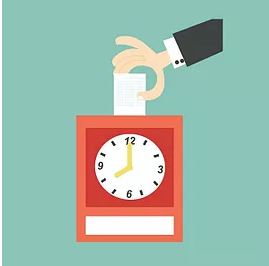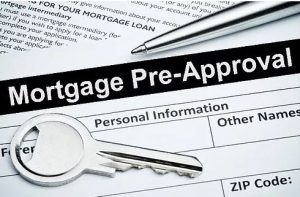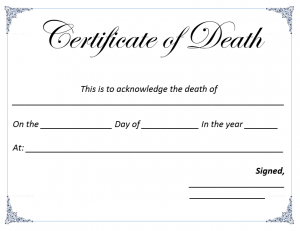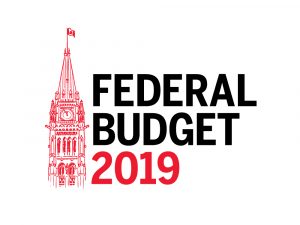
One of the top questions we get asked: Should I pay down my mortgage as fast as possible? In theory, this makes sense. The faster you pay it down, the faster you get out of debt, right? For many people that is the case and it does make sense often times to take this route. After all—your home is truly an asset and can be used as an investment piece itself!
However, in certain situations, there are some cases where paying off your mortgage right away doesn’t make sense. Every person’s circumstances are different, and, in many cases, it DOES make sense to pay down your mortgage when you have funds available.
We cannot emphasize enough that there are numerous factors to consider before paying down any sizable debt (your mortgage included). Each person must make the choice that is right for them and consult with professionals who can help them make the right choice based on their current circumstances. With that in mind, today, we are going to highlight some considerations as to why you may consider not paying down mortgage:
You have a super low mortgage Rate
If you locked in at a great rate and have low interest on your mortgage, take advantage of it! Pay it back as you can but do not feel pressure to go above and beyond your monthly mortgage payment if it is not an option for you. We would advise in this instance, to speak with your financial planner or accountant to find out what your strategy is for debt repayment.
Having a solid plan can help set you up for future success and help you focus on paying down debts that have the highest interest amount first, thereby lowering the overall debt load you are carrying and paying out each month. We can definitely recommend some fantastic accountants and financial planners if you are on the lookout for one!
The Property is a rental or investment property or houses a home-based business
This may be a consideration for some people as a portion of the interest (on rental properties and homes with home offices) are tax deductibles. In these cases, aggressive payback could have a downside in relation to your tax right offs.
Again, this is an instance where an accountant’s guidance can direct you towards the best option. For some, the tax break is significant and for the circumstances, it makes sense to keep the payments as they are. For others, it would make more sense to increase the payment as the interest is minimal Talk to a professional to get the best advice on this particular area and consider all your options.
You have a better investment opportunity
If you have an opportunity that will give you a higher return on your investment, consider taking that avenue vs. paying down your mortgage. For example, if you put $100,000 into your 3.00% mortgage, you save $3,000 next year but if you made a 5% return on that $100,000 instead, you could put that $3,000 towards your mortgage next year and still have $2,000 left over.
With that said, there are many instances when an investment may seem excellent on paper, but in reality, is not ideal. Always seek advice from a professional first before making a financial decision.
These are just 3 examples of times it doesn’t make sense to pay down your mortgage right away. Ultimately though, you should consider what choice will be the right one for you. There are many instances where paying down your mortgage does make sense. As a Dominion Lending Centres mortgage broker, we are here to inform you of every option available to you and advise you on what we feel is the best course of action. We can work with you and your financial advisors/accountants to determine when and if paying down your mortgage is a good option for you—but at the end of the day, the decision is yours!
Contact me for your best mortgage options 705.669.7798 or trina@ndlc.ca
#trinamortgages #mortgages #ndlc #freedomofchoice
#bestmortgageforme #executive #firstimehomebuyer
If you found this information valuable, I only ask that you share with your friends and family.
Copyright DLC








